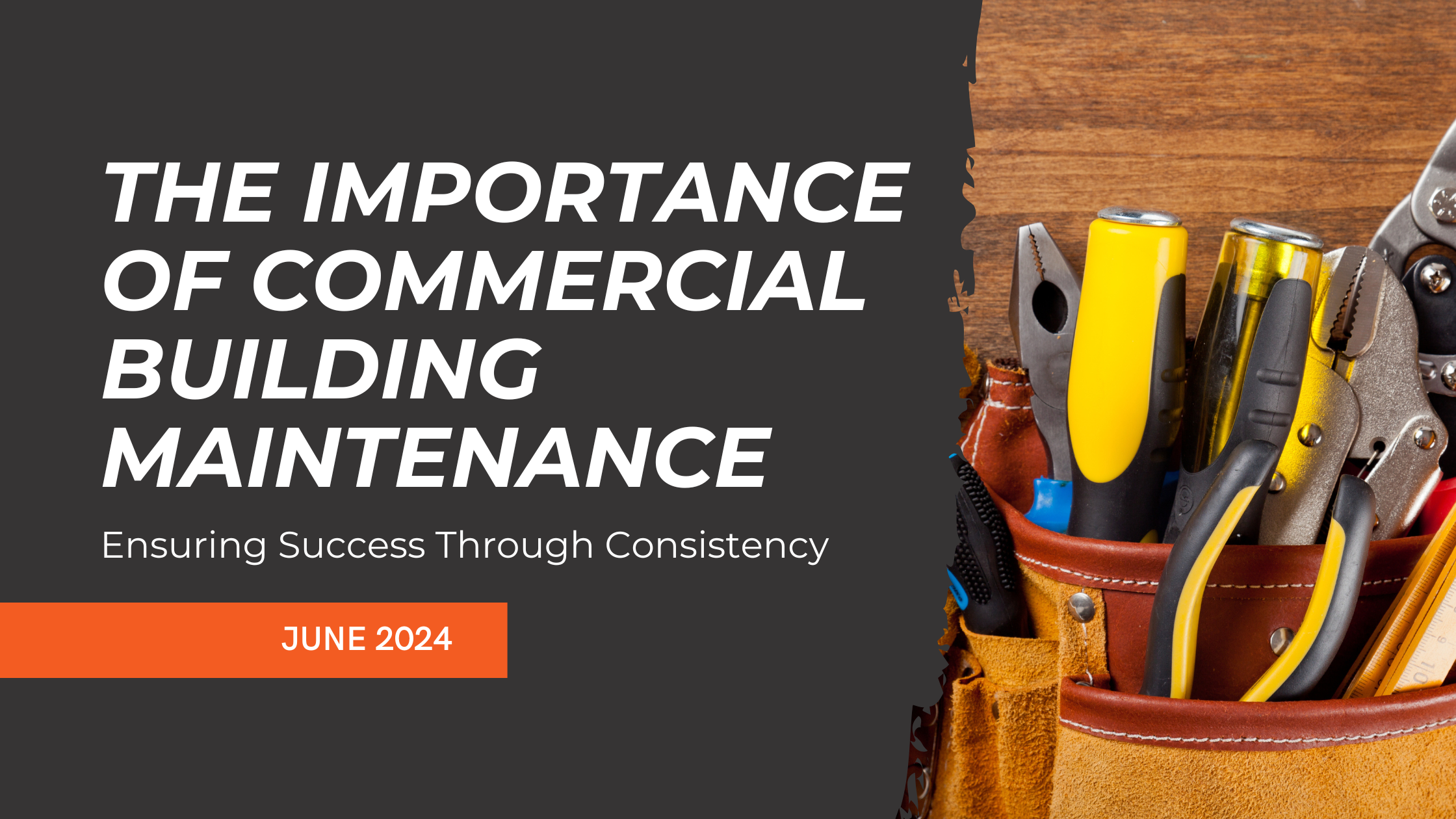
The Importance of Commercial Building Maintenance: Ensuring Success Through Consistency
A well-maintained commercial building is the backbone of any successful business. It provides a safe and comfortable environment for both employees and visitors, reflecting the values and ethos of the company. However, achieving and sustaining this level of operational excellence demands more than just routine upkeep—it requires a proactive and comprehensive approach to commercial building maintenance.
Preventive Maintenance: Keeping Operations Running Smoothly
The effectiveness of commercial building maintenance lies in its proactive nature. By implementing a robust preventive maintenance strategy, businesses can prevent equipment failures and extend the lifespan of their property assets. From elevators to HVAC systems, every element plays a vital role in ensuring the seamless day-to-day functioning of the building.
Helping property owners meticulously track service histories and warranty information to anticipate and address maintenance needs before they become costly issues is crucial.
The Benefits of Regular Maintenance
Investing in routine maintenance offers numerous benefits for commercial property owners:
- Enhanced Equipment Longevity: Regular maintenance sustains the optimal functioning of building equipment, reducing the risk of breakdowns and prolonging their lifespan.
- Financial Savings: Timely resolution of minor issues helps curtail expenditure on repair costs, fostering prudent budget management practices.
- Safety Assurance: Well-maintained premises foster a secure environment for occupants, minimizing the likelihood of accidents stemming from faulty systems or structural deficiencies.
- Heightened Operational Efficiency: Maintenance interventions optimize the performance of building systems, translating into reduced energy consumption and lowered utility expenses.
- Elevated Property Value: Diligently maintained properties command higher market valuations and garner greater interest from potential buyers or lessees.
- Regulatory Compliance: Adhering to maintenance protocols ensures alignment with local building codes and regulations, circumventing potential penalties and legal entanglements.
- Professional Aesthetics: A well-kept appearance projects an image of professionalism to clients and stakeholders, leaving a lasting positive impression.
- Minimized Downtime: Scheduled maintenance affords businesses the flexibility to plan interventions around operational hours, minimizing disruptions to daily activities.
